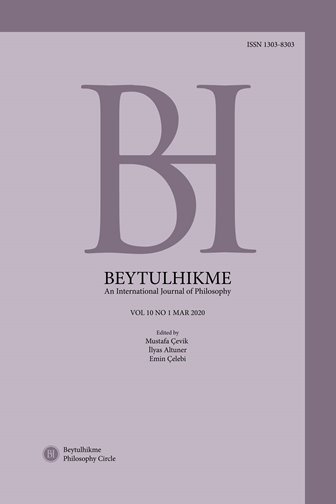Author :
Abstract
1755 yılında Lizbon’da gerçekleşen oldukça yıkıcı deprem, çağın düşünürlerini bu konu üzerinde, özellikle teodise çerçevesinde düşünmeye itmiştir. Bu tartışmada kesin çizgilerle birbirinden ayrılmamakla birlikte iki taraf söz konusudur. Birincisi Augustinus ve daha sonra Leibniz’in teodise bağlamında çizdiği tanrısal inayeti savunan çizgidir. Alexander Pope Essay on Man şiirinde bu çizgiyi takip eder. Karşı hatta bulunan Voltaire ise Lizbon Felaketi Üzerine Şiir adlı eseriyle Leibniz’in ve Pope’un ‘her şey iyidir’ düşüncesini eleştirir ve kısmen alaya alır. Voltaire’in şiirinin yayımlanmasının hemen ardından Rousseau, şiirde tanrısal inayete karşı ifade edilen düşüncelere saldıran bir mektup yazar ve ortak bir arkadaşları aracılığıyla Voltaire’e ulaştırır. Çevirisini yaptığımızı bu mektup, bir yandan Rousseau’nun Voltaire’e karşı takındığı tavrı bize aktarır ancak öte yandan şiirdeki iddiaları tek tek ele alan eleştirel tutumuyla felsefi bir niteliğe de bürünür. Bu anlamda tanrısal inayetin Rousseau tarafından yapılan felsefi bir savunusu olarak da okunabilir.
Keywords
Abstract
The highly destructive earthquake that took place in Lisbon in 1755 prompted the thinkers of the age to think about this issue, especially in the context of theodicy. In this discussion, there are two sides, although it is not separated from each other with clear lines. The first is the line that defends the Providence drawn by Augustinus and later Leibniz in the context of theodicy. Alexander Pope follows this line in his Essay On Man poem. Voltaire, who is on the opposite line, criticizes and partially ridicules Leibniz's and Pope's "all is well" idea with her poéme sur le désastre de Lisbonne. Immediately after the publication of Voltaire's poem, Rousseau writes a letter attacking the thoughts expressed in the poem against Providence and delivers it to Voltaire through a mutual friend. This letter, which we translated, conveys Rousseau's attitude towards Voltaire on the one hand, but on the other hand, takes on a philosophical quality with her critical attitude that deals with the claims in the poem one by one. In this sense, it can be read as a philosophical defense of Providence made by Rousseau.





